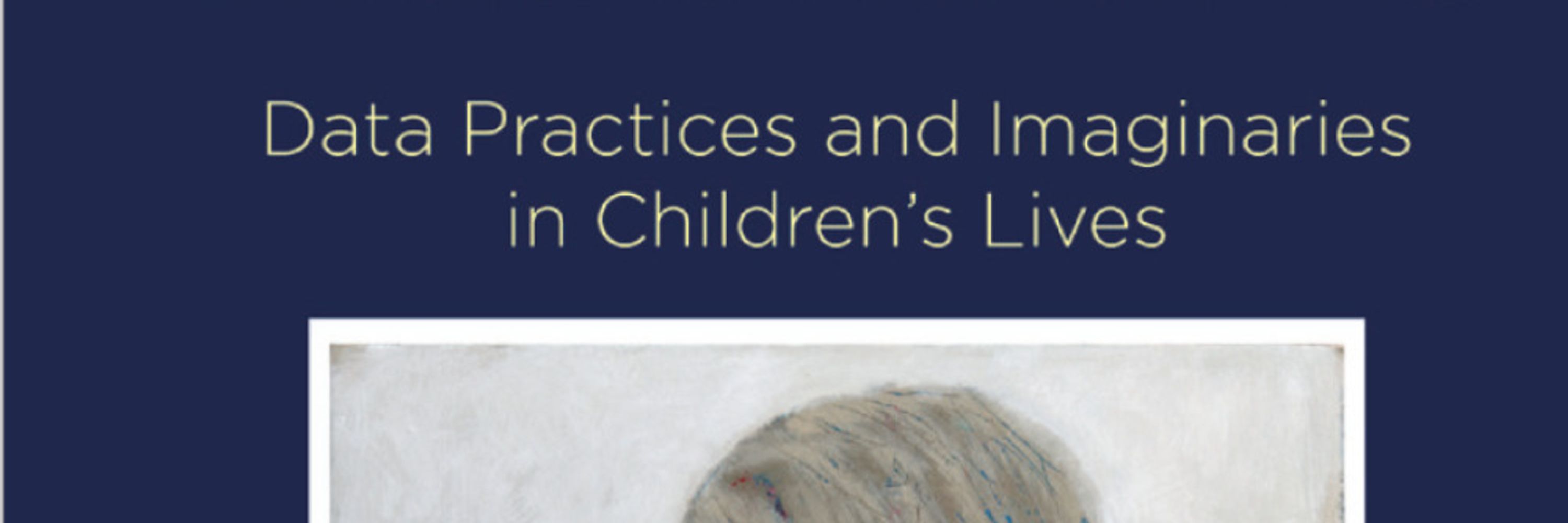
Media sociologist researching digital media, data & AI in children's lives. Dog lover (Eng. Springer Spaniel) TwitterRefugee. Projects: http://www.eukidsonline.net/, https://yskills.eu/, https://datachildfutures.it/
Also on @giovannamas@aoir.social ..
more
Media sociologist researching digital media, data & AI in children's lives. Dog lover (Eng. Springer Spaniel) TwitterRefugee. Projects: http://www.eukidsonline.net/, https://yskills.eu/, https://datachildfutures.it/
Also on @giovannamas@aoir.social

Reposted by Giovanna Mascheroni

🤝 In partnership w/ @elpais.com @mediapart.fr & @irpimedia.eu voxeurop.eu/en/europe-ar...
Reposted by Luca Rossi, Giovanna Mascheroni

Grok is spreading misinformation about the Bondi Beach shooting www.theverge.com/news/844443/...


Reposted by Giovanna Mascheroni, David Murakami Wood, Jack Stilgoe

gizmodo.com/ai-powered-t...

1 GenAI as simulated intelligence is incapable of meaning making
2 Qualitative research should remain a distinctly human practice
3 harms of GenAI to the environment & workers in the Global outh ssrn.com/abstract=567...
Reposted by Giovanna Mascheroni

Reposted by Giovanna Mascheroni, Margot C. Finn, David Murakami Wood

www.nbcnews.com/tech/tech-ne...
But it is also quite frustrating 🧵>>

The algorithm promotes Elon Musk's agenda to promote racists and people who want violence bought - specifically - to the streets of Britain.
Members of Parliament, major institutions and the media should not be there.
news.sky.com/story/the-x-...
Reposted by Giovanna Mascheroni

Rich, and Democratic (WEIRD) countries, thus unsuitable to understand people from different regions and cultures, study finds: coevolution.fas.harvard.edu/sites/g/file...

Reposted by Fabián Muniesa, Giovanna Mascheroni
Reposted by Giovanna Mascheroni

#ZeMKI20 #ZeMKIAnniversary
Reposted by Giovanna Mascheroni, Daniel Angus

Liveblog here:
Reposted by Axel Bruns

Reposted by Giovanna Mascheroni


www.404media.co/wikipedia-sa...


Reposted by Neil Selwyn


www.theguardian.com/technology/2...




